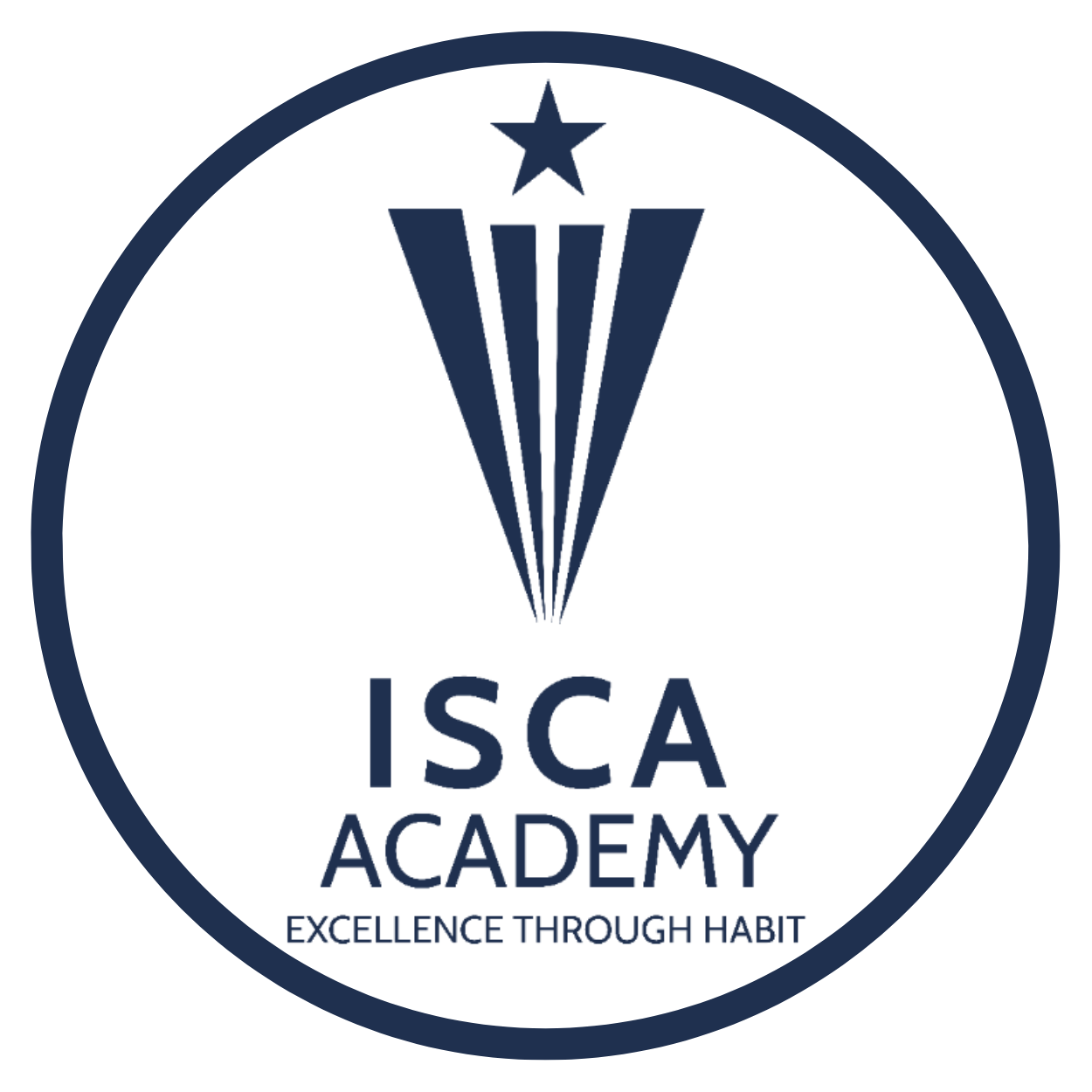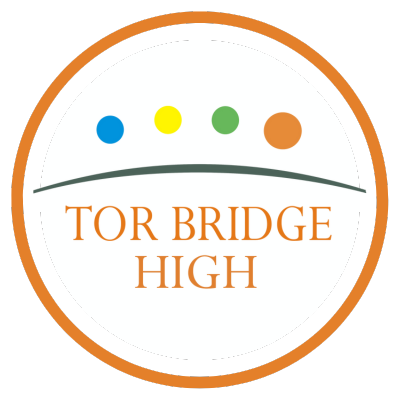Education Revolution

Written by Tamsin Frances - Director of People & Strategy

Recently I had the privilege of bringing our trust’s annual consultation with headteachers and trust leaders to a close. As I stood in front of these inspirational individuals, who work day in, day out to transform lives and strengthen communities to make the world a better place, I reflected on how vital our collective conversations are to foster a culture of innovation and to enable our leaders to meet the barriers we currently face with determination and optimism.
I finished the day with this quote, “Transforming education is not easy but the price of failure is more than we can afford, while the benefits of success are more than we can imagine.” (Ken Robinson)
There is a quiet revolution happening in trusts across the country. It emanates from the debate to define the future role of multi-academy trusts (MATs) and how the system thinks about excellence in this area. Notwithstanding the undoubted scale of challenges facing the education sector, our children and wider society, it fills me with a sense of optimism. Whatever people’s view of school trusts, the direction of travel is clear. They have an integral role to play in the future of education and we need to take this unique opportunity to capitalise on their potential for the benefit of all children. The role of education has never been more important in society and it has never been more important to come together as a sector. Dan Nicholls eloquently articulates this uncommon opportunity for all trusts to work together for all children in Seeking a Trust Dividend; exploiting the power of collaboration.
The Confederation of School Trusts is ready to facilitate some of this work and clear on its charitable purpose and that of multi-academy trusts as "the advancement of education for public benefit.” Our role, as leaders of trusts, is to recognise this golden opportunity to effect positive change by pooling our energies as agents in a complex system.
I have the privilege to work for a values-driven, ambitious and inclusive trust of schools, founded in the belief of Ted Wragg that local schools should collaborate to be the best they can be. We have worked tirelessly in our communities to move away from a school vs school model, where league tables pit schools against each other and where children end up in a post code lottery. We have created a community of headteachers working collectively for the benefit of over 10,000 students, working in harmony and with a healthy dose of competition to drive up standards together. There are many other trusts achieving the same and we have been the beneficiary of the generosity of some of those trusts sharing their work, including Cabot Learning Federation, Reach Academy Feltham, Academies Enterprise Trust and Dixons Academies Trust to name a few. It is critical that in this next phase we do not slip in to a MAT vs MAT model, creating a similar, scaled-up lottery for children and families.
At Ted Wragg, we believe strongly that a healthy trust is one that grows great people, is relentlessly positive in its collaboration and has the highest of standards.
People
For decades, everyone has been clear that to raise the standards of education we need the best possible educators and that to achieve this aim we must elevate the appeal of education as a career of choice. The education sector has the great advantage of a clear sense of purpose for every employee (recently underlined by the designation of 'key workers' during the Covid pandemic) but trusts need to do even more to attract the very best in to the profession and keep them there.
There could be a whole article on its own devoted to the importance of a coherent and effective people strategy devoted to growing great people. However, when it comes to being the best place to be an employee, the research is unequivocally pointing to one answer that culture is king and strong leadership is the key (Impact Ed: Working Well: exploring staff engagement and pupil wellbeing in English schools and the work done by Educators Thriving across the seas as only two examples).
We believe that investment in developing excellent leaders in education, in particular our headteachers, is vital for the success of a culture where all will thrive. In our Trust we have committed to this idea by collaborating in the development of the SW100 and developing our own internal leadership development programme, including Future Headteachers.
In addition, we are developing a professional development curriculum that will give all of our great people the tools they need to succeed; bespoke CPD to ensure all teachers are equipped to be teachers of SEND, high levels of investment in quality incremental coaching for all teachers, apprenticeships for teaching assistants and business professionals and a suite of training for all managers in the organisation, are just a few of the developments which demonstrate our commitment in this area.
Collaboration
Relentlessly positive collaboration is also fundamental to success and is built on trust and strong relationships; internal, community-focussed and national collaboration.
In Steve Rollett’s blog, Deputy CEO CST, Hard Wiring Connections, he talks about the opportunity trusts with a shared mission have to connect staff for meaningful and effective development. This can be witnessed across all of our internal networks and it begins with the culture set with our Headteachers. Headteachers are now supported by each other. No longer isolated, they work as part of a collective, simultaneously empowered to drive improvements forward in their own unique contexts. Suddenly it becomes more fun to be a headteacher!
Community-focussed collaboration must start with our parents. The Public First Report (Towards a new generation of Community Schools – listening to parents of the Red Wall) highlights that, “parents want schools that are connected to them and the wider community, with ‘communication’ coming up again and again.” This can often be misinterpreted as communicating more rather than better. Whereas building school trusts as anchor institutions (Community Anchoring – School Trusts as Anchor Institutions by James Townsend, Ed Vainker and Leora Cruddas) starts with listening deeply to our communities, building trust and stronger relationships, so our communication and actions are effective and meaningful.
National collaboration brings me back to how important it is that all education institutions are outward-facing and that they put any egos to one side. School trusts and other institutions need to work together for the benefit of all, operating with a mantra of system generosity. The Dixons OpenSource Onsite offer is a perfect example of this and has been a transformative process for our trust, supporting us with the structure of our executive, providing secondment opportunities and study tours for our headteachers as a stimulus for further school improvement (https://dixonsos.com/).
Standards
Standards need to be driven by ensuring we are championing our most vulnerable at all times, and all systems need to be implemented with children at the heart of every decision and with social justice at their core. Having the highest of standards is a balance between implementing consistent systems and enabling excellence in each unique context. Systems need to support us in holding each other to account, they need to be evidence-informed, share best practice, have transparent data and measure the collective impact of our endeavours.
We have just taken part in a valuable pilot Ofsted for our MAT. It demonstrated that we are all still grappling with the question of what does, or should, a strong MAT look like. If we are brave we have an opportunity to hardwire in to our core quality assurance framework those performance indicators that we believe will have the biggest potential to truly transform lives, one of the most important being the gap for our most disadvantaged.
So, what now? I am uplifted and enthused by the conversations among educators today as we move beyond the academisation debate. I see the system being close to finding a new and exciting pathway for education which tackles some of the hard-wired issues that have been facing us for over 80 years. If you are in a privileged position of working on strategy for a trust please do get in touch. Together we have an opportunity to rise above short-termism and lead the way towards a long-term vision of a stronger system for all children.
















